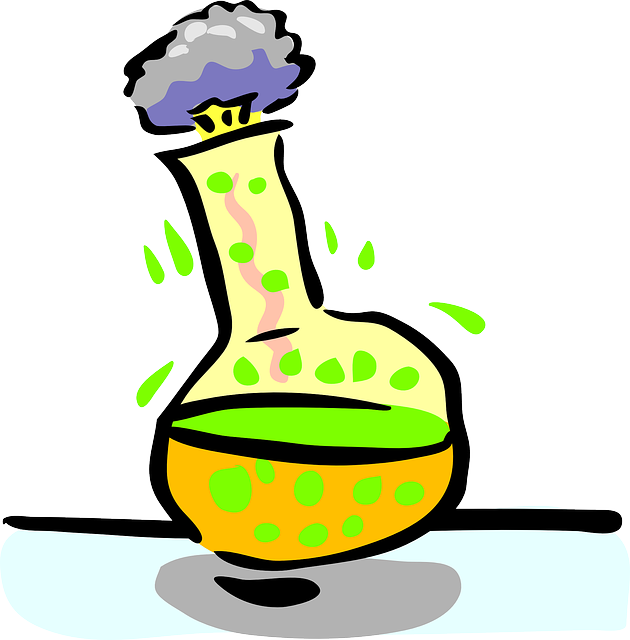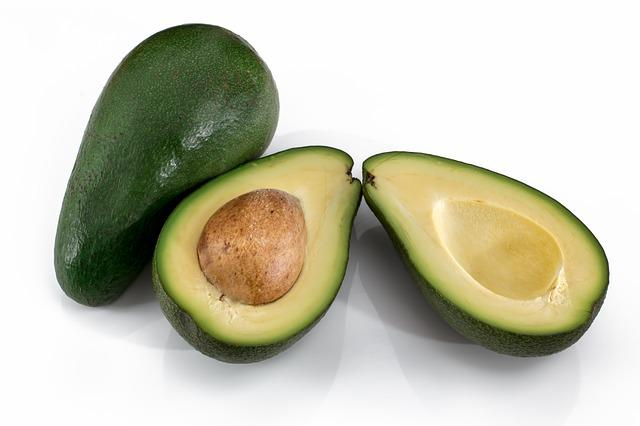When it comes to acid reflux, what you eat is just as important as what you don’t eat. Follow these simple tips to create a healthy and frequent acid reflux diet that will help you feel your best. First, avoid foods that trigger acid reflux. These include coffee, spicy foods, fatty foods, and chocolate. Next, focus on eating plenty of fresh fruits and vegetables. This will help to keep your gut healthy and reduce inflammation. Finally, make sure to drink plenty of water and avoid sugary sodas and drinks. By following these tips, you can create a healthy acid reflux diet that will help you feel better and reduce the risk of gastroesophageal reflux disease.
Also read: 12 HEALTH BENEFITS OF AVOCADO

Image credit; pixabay.com
Breakfast is the most important meal of the day, and what you eat can have a big impact on how your stomach feels later on. For example, start your day with oatmeal or eggs because they don’t lead to stomach acid. Oatmeal is a good source of fiber, which helps to regulate digestion.
Eggs are a good source of protein, which helps to keep you feeling full. Both oatmeal and eggs are low in fat and easy to digest, making them ideal for people who experience stomach problems. If you start your day with a high-fat breakfast, such as bacon and sausage, you may find yourself feeling bloated and uncomfortable later on. To avoid this, choose a breakfast that is low in fat and easy to digest and keep your digestive tract.
There are many good reasons to eat plenty of non-citrus fruits and vegetables every day. For one, they are packed with essential nutrients like vitamins and minerals. They are also a great source of fiber, which is important for digestive health and also neutralizes stomach acid. Fiber helps to keep you regular and can also help to lower cholesterol levels.
Additionally, fruits and vegetables are low in calories and fat, making them a great choice for those watching their weight and also help control acid reflux. And finally, they are simply delicious! So next time you’re looking for a healthy snack, reach for a piece of fruit or a crunchy carrot instead of chips or candy. Your body will thank you!
Also read: FREQUENTLY ASKED QUESTIONS ABOUT A DETACHED RETINA
Proteins are an essential part of our diet, providing the building blocks for our muscles, bones, and tissues. But not all proteins are created equal. Red meat, for example, is high in saturated fat, which can increase your risk for heart disease and other chronic conditions.
Chicken and fish, on the other hand, are leaner sources of protein that are generally lower in saturated fat. In addition, fish contains omega-3 fatty acids, which have been shown to have numerous health benefits. So when it comes to choosing a protein-rich diet, leaner options like chicken or fish may be a better choice than red meat.

Image credit: pixabay.com
Staying properly hydrated is important for many aspects of health lie controlling acid reflux. Water helps to regulate body temperature, lubricate joints, and flush out toxins. Furthermore, it is essential for proper brain function and energy levels. For these reasons, it is important to drink plenty of water throughout the day.
However, it is also important to avoid sugary drinks such as soda and fruit juice because they make acid reflux worse. These drinks can contribute to weight gain and tooth decay, and they contain little or no nutritional value. Instead, stick to water or unsweetened tea or coffee. Your body will thank you for it in the long run.
Also read: THE MANY HEALTH BENEFITS OF FOLATE
Regular exercise is important for overall health and wellness, but it can also help to improve digestion. When we are sedentary, our bodies tend to store more fat, including around the digestive organs. This can lead to problems such as indigestion, reflux disease GERD, constipation, and bloating. Exercise helps to reduce body fat and promote regularity.
In addition, exercise helps to stimulate the production of gastric juices, which aids in the digestion process. Furthermore, exercise helps to increase blood flow to the digestive organs, providing them with the oxygen and nutrients they need to function properly. For optimal digestion, aim for at least 30 minutes of moderate-intensity exercise most days of the week. However, even a small amount of exercise can be beneficial in reducing heartburn symptoms. So get up and move your body! Your digestive system will thank you.
There are many things you can do to improve digestion. Some self-care tips include getting regular exercise, eating a healthy diet like brown rice, and avoiding caffeine and alcohol. Additionally, it may be helpful to practice relaxation techniques such as yoga or meditation. If your symptoms are severe, you may need to seek professional help.
Also read: FOODS TO EAT AND AVOID ON A FATTY LIVER DISEASE DIET

Image credit: pixabay.com
Acid reflux, also known as GERD, is a condition where stomach acid flows back up into the esophagus. This can cause heartburn, chest pain, difficulty swallowing, and a sour taste in the mouth. In some cases, it can also lead to coughing or wheezing. Acid reflux is often caused by a malfunction in the lower esophageal sphincter (LES), which is the muscle that separates the stomach from the esophagus.
The LES is responsible for keeping stomach acid in the stomach, but if it weakens or relaxes too much, acid can flow back up into the esophagus. Treatment for acid reflux often involves lifestyle changes, such as avoiding trigger foods, spicy foods, and eating smaller meals. Medications, such as antacids and proton pump inhibitors (PPIs), can also be helpful in managing acid reflux symptoms. In severe cases, surgery may be necessary to tighten the LES.
The above lifestyle choices are just a few of the many ways you can improve your digestive health and reduce chronic acid reflux. By making these simple changes, you can enjoy better digestion and overall health. So what are you waiting for? Get started today!